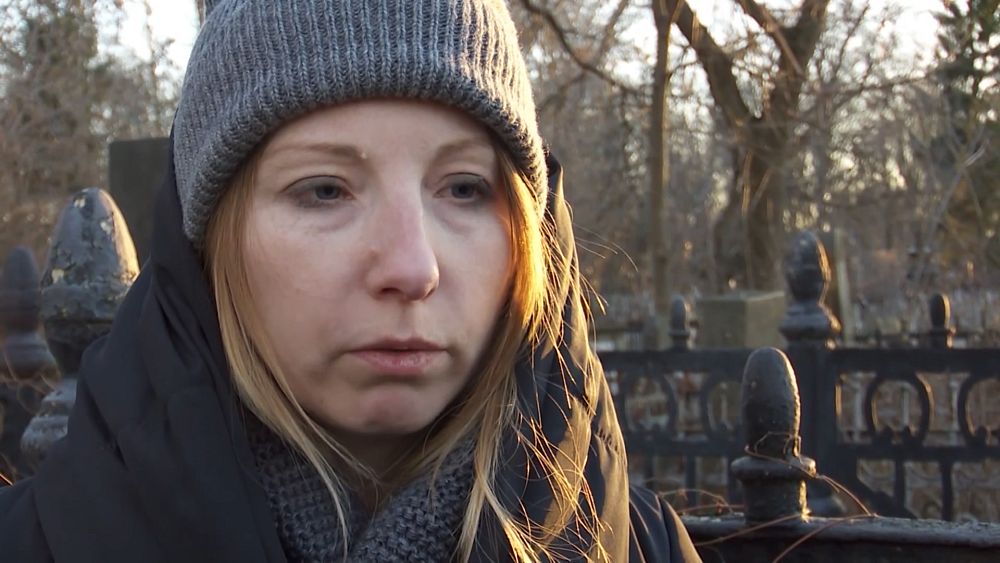
The celebrated author turned her attention to researching war crimes amid Russia’s devastating invasion of Ukraine.
Victoria Amelina, 37, becomes the 13th person to have died in the attack, which human rights activists have called a war crime.
Writers’ association PEN Ukraine, which announced the news, said doctors had done everything they could to save her life, but her injuries were fatal.
“In the last days of Victoria’s life, her closest people and friends were with her,” the association added.
It said she had died on Saturday but it held back on the news to ensure all family members and friends were aware.
She had been in the city’s Ria Lounge with a delegation of Colombian writers and journalists on Tuesday when the missile hit.
Celebrated author turned war crimes researcher
Victoria worked in IT from 2005 to 2015. She published her first novel, ‘The November Syndrom’, in 2014. It was successful – listed in the top ten of the best prose books, according to the annual rating of LitAktsent, a Ukrainian literature website.
The following year she suspended her work in IT and became a full-time writer.
Among her career highlights, she released a second novel in 2017, ‘Dom’s Dream Kingdom’, which was shortlisted for literature prizes by UNESCO and the European Union.
Her work has been translated into Polish, Czech, German, Dutch, English and Spanish.
Since the beginning of Russia’s invasion of Ukraine, she joined the human rights organisation Truth Hounds documenting alleged war crimes.
As part of her work, she unearthed a diary belonging to Volodymyr Vakulenko, a Ukrainian writer who died in the war.
During this time she started work on her first non-fiction book, War and Justice Diary: Looking at Women Looking at War, which is due to be published.
A post pinned to her Twitter account shows her taking a picture of a bombed building in Ukraine.
She states: “It’s me in this picture. I’m a Ukrainian writer. I have portraits of great Ukrainian poets on my bag. I look like I should be taking pictures of books, art, and my little son. But I document Russia’s war crimes and listen to the sound of shelling, not poems. Why?”

